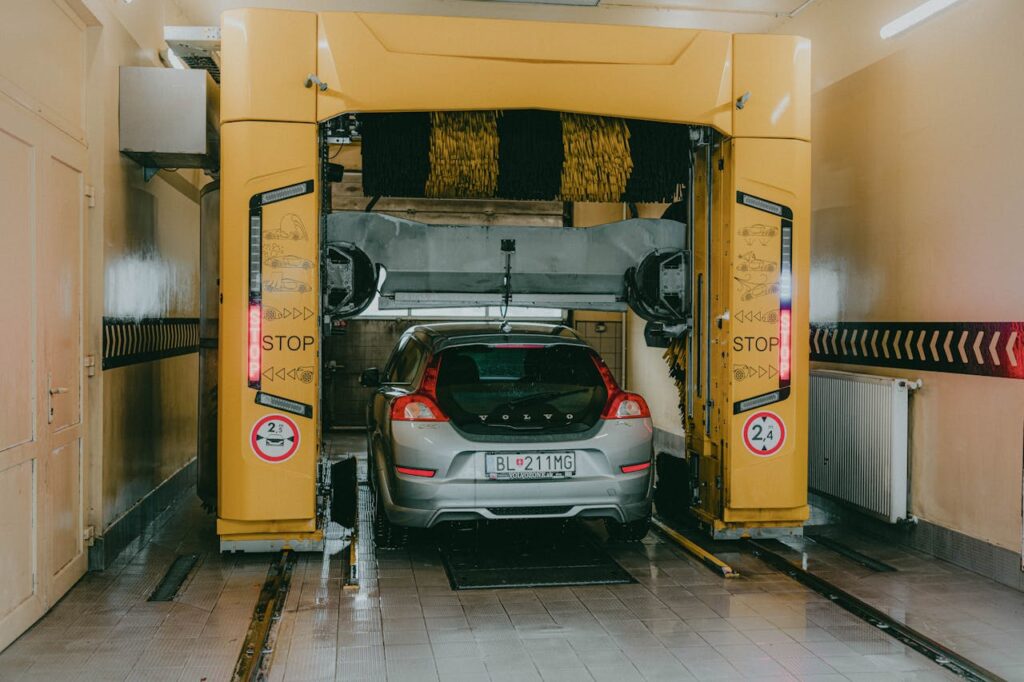Owning a car is a significant responsibility, not only because it represents a valuable asset but also because it is a key part of our daily lives. Whether commuting to work, running errands, or going on a road trip, our vehicles play a crucial role in keeping us mobile and independent. However, just like any complex machine, cars require regular care and maintenance to ensure they remain safe and functional. One of the most important aspects of car maintenance is regular safety inspections. These inspections can prevent accidents, extend the life of your vehicle, and give you peace of mind when on the road.
Preventing Accidents
The primary reason for having regular safety inspections is to ensure that your car is in optimal condition and free from any potential hazards. Many accidents are caused by mechanical failure, whether it’s a brake issue, a tire blowout, or engine malfunction. By having your car regularly inspected by a professional, these issues can be identified before they become serious problems. For example, worn-out brake pads or low brake fluid levels can severely impact your ability to stop your vehicle in an emergency. Ensuring your braking system is functioning properly can prevent disastrous accidents.
Tires are another critical component of your car’s safety. Worn-out tires or tires with low pressure can lead to reduced traction, making it more difficult to control your car in wet or icy conditions. A thorough inspection will check for tire tread wear and ensure your tires are properly inflated, preventing dangerous driving situations. In fact, a blown-out tire on a highway at high speed can have deadly consequences, but a simple tire check can avoid this risk.
Ensuring Vehicle Longevity
Safety inspections are not only about preventing accidents; they also play a significant role in maintaining your car’s longevity. Regular inspections can help detect wear and tear on key components of your vehicle, allowing for timely repairs that can prevent larger, more expensive issues in the future. A well-maintained vehicle can last longer, reducing the need for costly repairs and improving the overall value of your car.
For instance, engine components such as belts and hoses can deteriorate over time. A small crack in a hose can lead to coolant leaks, causing the engine to overheat. If detected early, replacing a hose is a relatively inexpensive fix. However, if the problem is left unaddressed, it could lead to significant engine damage, resulting in costly repairs or even the need for a complete engine replacement.
In addition to engine care, safety inspections also focus on your car’s suspension system, steering, and alignment. These components are crucial for maintaining control of the vehicle and ensuring a smooth ride. Regular inspections ensure these parts are in good condition, preventing future breakdowns and maintaining the car’s overall performance.
Enhancing Fuel Efficiency
A well-maintained car is not only safer and longer-lasting but also more fuel-efficient. During a safety inspection, mechanics will check the health of key systems like the exhaust and fuel system. A clogged fuel filter, for example, can restrict the flow of fuel to the engine, causing your car to work harder, thereby reducing fuel efficiency.
Similarly, a misaligned wheel or worn-out suspension system can cause unnecessary friction, making your engine work harder to maintain speed, which can also result in higher fuel consumption. By ensuring these components are in good condition, you’ll not only avoid costly repairs but also save money at the pump. Proper tire inflation, as mentioned earlier, can also improve your car’s fuel efficiency, as underinflated tires cause more drag and require more energy to roll.
Peace of Mind
When you know your car has been thoroughly inspected and is in good working order, it offers peace of mind during your daily drives. You won’t have to worry about whether your vehicle will break down unexpectedly or if there’s a hidden issue that could put you and your passengers in danger. Whether you’re driving across town or going on a long-distance trip, knowing your car has passed a safety inspection ensures that you’re not only safe but also prepared for any unexpected situations on the road.
Safety inspections also provide you with a record of the condition of your vehicle, which can be useful if you’re ever in an accident or need to file an insurance claim. A well-documented maintenance history shows that you’ve taken proper care of your car, which could work in your favor in legal or insurance matters.
Conclusion
Regular safety inspections are an essential part of responsible car ownership. They help prevent accidents by ensuring that all crucial safety systems—like brakes, tires, lights, and suspension—are in optimal working condition. Beyond safety, these inspections can prolong the life of your vehicle, improve fuel efficiency, and provide you with peace of mind while driving. Skipping regular safety checks may save you time and money in the short term, but it can lead to expensive repairs, lower vehicle lifespan, and even safety risks in the future. It’s a small investment in time and money that pays off in the long run. So, don’t skip your next safety inspection—your car, and your safety, depend on it.


